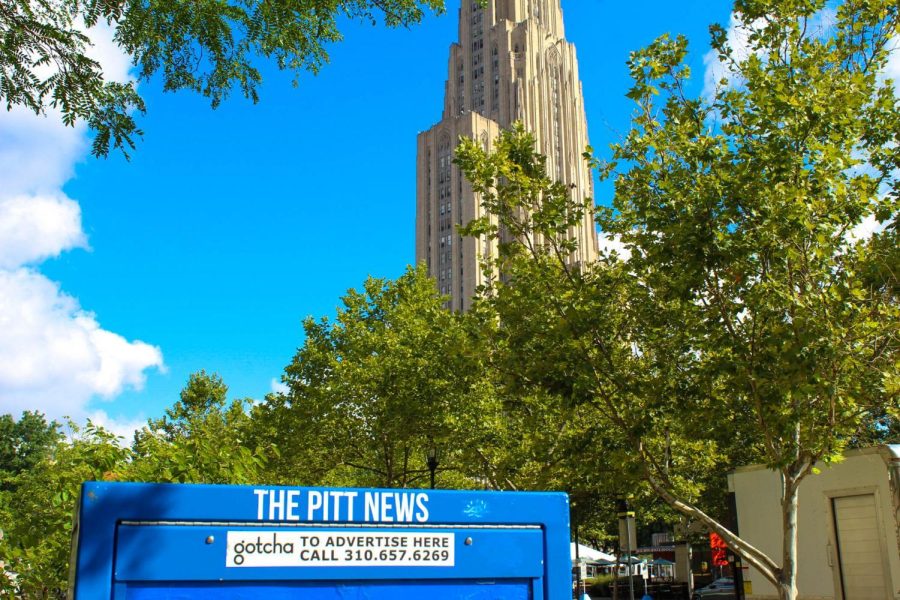Editorial: Don’t deny spring break funding
April 18, 2012
Student organizations planning trips for next year’s spring break, take note. It could soon… Student organizations planning trips for next year’s spring break, take note. It could soon become official Student Government Board policy that no student organizations be allowed to receive funding for trips taken over spring break.
A planned amendment to the SGB Allocations Manual will codify a Board precedent for not providing funding to student organizations for trips that will occur during spring break, unless the trips are for events that are considered mandatory for club members to attend. As The Pitt News reported in February, the as-of-yet unwritten policy exists to prevent both misuse of funding and competition between club trips and the Student Activities Fee-funded Pitt Alternative Break program, which sends groups of students to do community service projects in disadvantaged areas in multiple states.
We believe that this policy will unfairly affect a large number of students whose organizations might plan to attend events during spring break. The week off in March provides a convenient time for organizations to plan trips because the vacation makes it easier for students to leave campus without missing classes. According to SGB President James Landreneau, funding will still be available for trips that are deemed mandatory. For example, funding can be allocated for an organization’s trip if the group will lose its status for not attending a national conference. However, it seems to us that denial of funding to a trip just because it is not mandatory for an organization’s existence also constitutes a short-sighted policy; optional trips can certainly prove just as enriching and serve as legitimate uses of funding.
Another issue is the sheer number of students that this policy could affect. As The Pitt News reported in February, only 80 students can participate in the University-sponsored Alternative Break program. According to the University Fact Book, there are about 18,000 undergraduate students at Pitt who pay the Student Activities Fee, an $80 fee that all non-College of General Studies undergraduates pay each semester to fund the activities and events of student organizations. If a student group’s trip does not receive funding for a trip during spring break, it is most likely that the burden of paying for it will fall to the club and its members. Although Alternative Break is no doubt a meaningful program, students who have been anticipating a trip to, say, a club sports tournament will likely not abandon their club activity to compete for one of a relatively few spots on Alternative Break.
According to Landreneau, Board members are concerned that groups could use funding as an excuse to take an extended vacation. However, the SGB Allocations process theoretically already has accountability built in. For example, the Board requires groups to submit receipts for all purchases funded through Allocations. It follows then that SGB should be able to individually evaluate the value of each student organization’s proposed trip instead of confining itself by formalizing a precedent that assumes any student organization that travels during spring break is using funding as an excuse for a vacation.
When this policy is voted on next week, it will be to decide whether or not this precedent should be codified. However, we view it as in the best interest Pitt students that this policy not be made official and should instead be discarded in favor of a policy that treats equally all student activities’ requests for funding. SGB should provide monetary support for any program that constitutes a legitimate use of the Student Activities Fund — regardless of whether or not it occurs during spring break.







